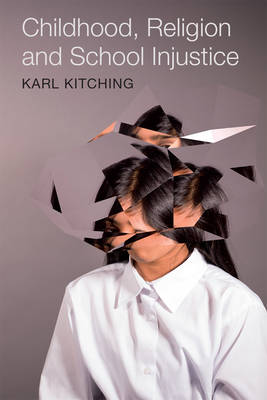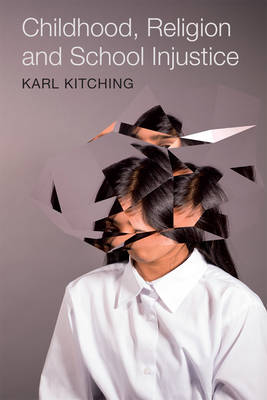
- Afhalen na 1 uur in een winkel met voorraad
- Gratis thuislevering in België vanaf € 30
- Ruim aanbod met 7 miljoen producten
- Afhalen na 1 uur in een winkel met voorraad
- Gratis thuislevering in België vanaf € 30
- Ruim aanbod met 7 miljoen producten
Zoeken
Omschrijving
Debates about religion and education internationally often presume the neutrality of secular education governance as an irrefutable public good. However, understandings of secular freedom, rights and neutrality in schooling are continuously contested, and social movements have disrupted the notion that there is a uniform public to be educated. Simultaneously, unjust, neoliberal and majoritarian education policies constantly undermine collective notions of what is good and just. This book presents original empirical research on how religious and secular schools are positioned as competitors for parents' attention, and shows how inequalities shape parents' interest in, and access to, secular/religious schools. Kitching particularly explores how children in urban and rural settings negotiate the joys, pleasures, paradoxes and injustices of schooling and childhood. He outlines ways in which children's social position, relationships and encounters with religious and consumer objects inform who they can become, and who and what they value. Drawing on the above research, Childhood, Religion and School Injustice demonstrates the need to engage with each child's plurality, and to recognise multiple inequalities experienced by families across schools. Given that the mass privatisation and deregulation of schooling favours majority and advantaged social groups, Kitching argues for the becoming public of school systems and localities. In such a process, majoritarian, narrow self-interest is challenged, unchosen obligations to others are recognised, and collective imaginings of what a 'good' childhood is, are publicly engaged.
Specificaties
Betrokkenen
- Auteur(s):
- Uitgeverij:
Inhoud
- Aantal bladzijden:
- 268
- Taal:
- Engels
Eigenschappen
- Productcode (EAN):
- 9781782053880
- Verschijningsdatum:
- 1/05/2020
- Uitvoering:
- Hardcover
- Formaat:
- Genaaid
- Afmetingen:
- 193 mm x 236 mm
- Gewicht:
- 544 g

Alleen bij Standaard Boekhandel
+ 137 punten op je klantenkaart van Standaard Boekhandel
Beoordelingen
We publiceren alleen reviews die voldoen aan de voorwaarden voor reviews. Bekijk onze voorwaarden voor reviews.











